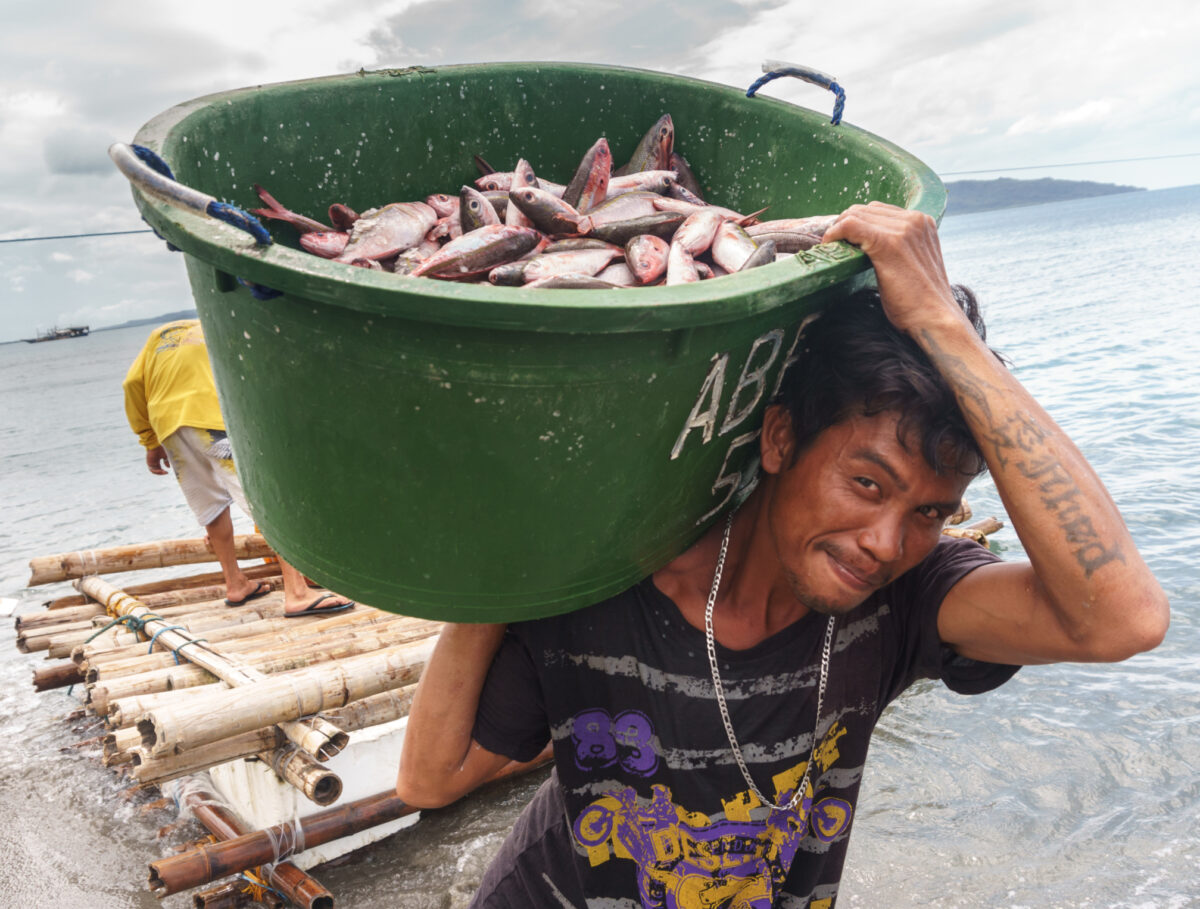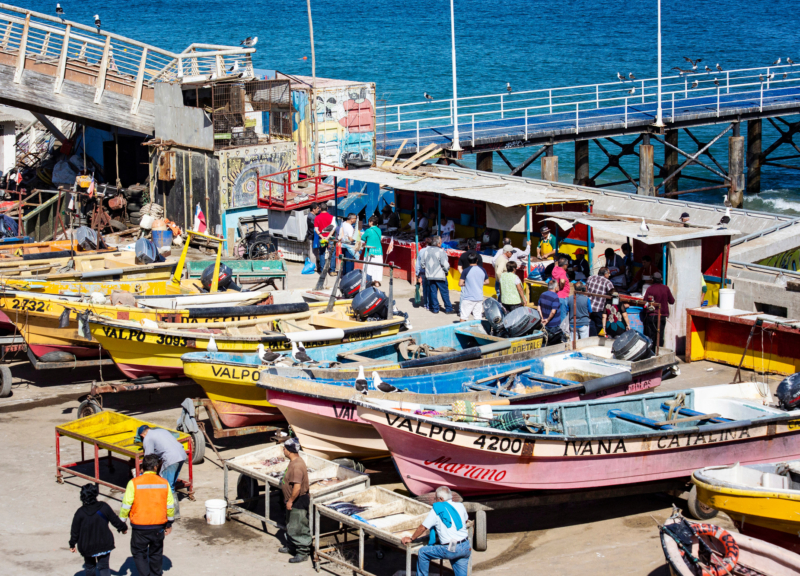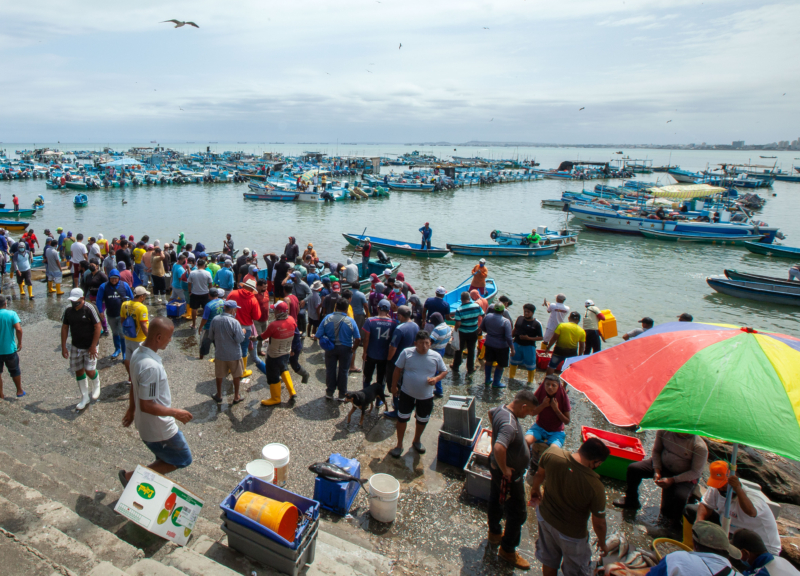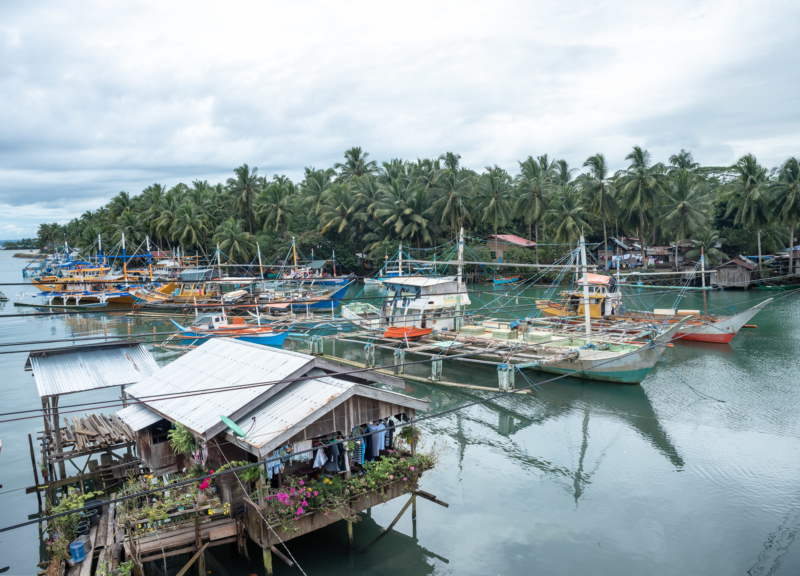Impact
Resilient Communities
Thriving fisheries mean thriving fishing communities.
Efforts to improve the sustainability of seafood must involve the people who produce that seafood and the communities they sustain. SFP works to advance opportunities for fishing communities worldwide, aiming to improve their livelihoods and help them become environmental stewards of the ecosystems in which they live.
Creating resilient livelihoods and communities begins with fishers having a legal right to fish and the capacity to participate in decisions that affect them. Equally important is enhancing community capacity to retain value locally, fostering the economic resilience of coastal areas. Globally, we support fishers and their communities in maximizing product value and reducing costs, ensuring the optimal use of marine natural resources.
As community incomes increase, so does the potential for investing in local infrastructure, services, and environmental stewardship, which improves well-being, expands opportunities for all, and protects nature. SFP is dedicated to addressing the multidimensional poverty affecting small-scale fishers and fishing communities by integrating governance and economic initiatives that sustain ecosystems and empower entire communities.
Empowering communities to be environmental stewards
Fishing communities are often situated in highly rich ecological areas, transition zones between land and sea that include key biodiversity habitats such as mangrove forests, seagrass beds, and coral reefs. SFP supports fishers to see the connection between ecosystem health and thriving fisheries and to become environmental stewards of the nature that provides them with their livelihoods and their homes.
But understanding the importance of healthy ecosystems is not enough for fishers and their communities to become effective environmental stewards. They need to have sustainable and secure incomes and livelihoods that allow them to also invest their time and efforts into ensuring healthy ecosystems.
This is where the market comes in. The seafood industry – from domestic processors and buyers to international retailers – can help support co-management efforts that will help improve the livelihoods of small-scale fishers and their communities. These include:
- Supporting fisher registration and organization efforts, to allow small-scale and artisanal fishers to have a voice in decision making and fishery and ecosystem management.
- Providing support for post-harvest improvements, facilitating better market access for small-scale and artisanal fishers, and offering feedback so they can improve the quality of their products and get a better post-harvest price.
- Supporting environmental community efforts to restore mangroves, coral reefs and seagrass beds, as well as helping to co-design marine protected areas.
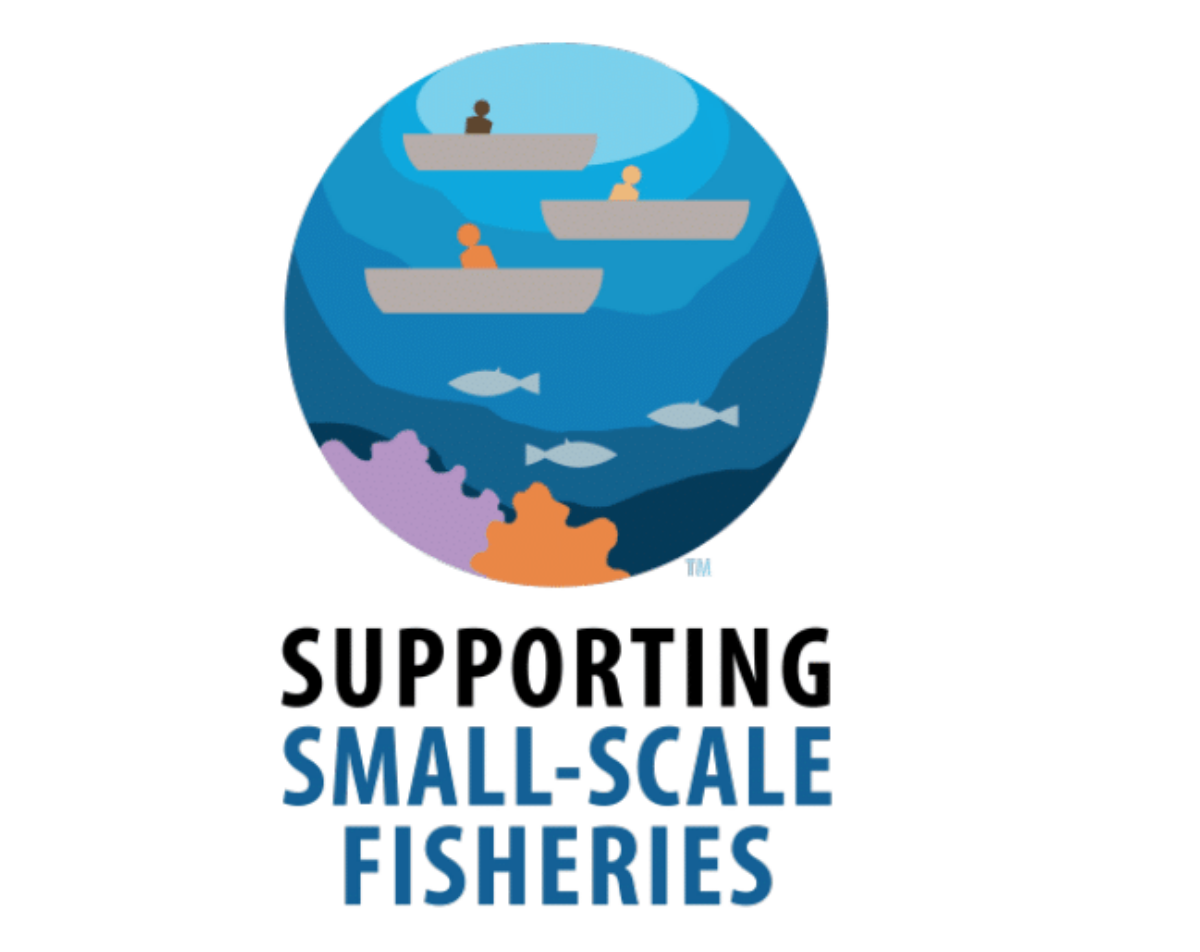
More than 113 million people are directly employed in small-scale and artisanal fisheries, representing more than 90 percent of the workforce in capture fisheries. Nearly all are located in developing countries.
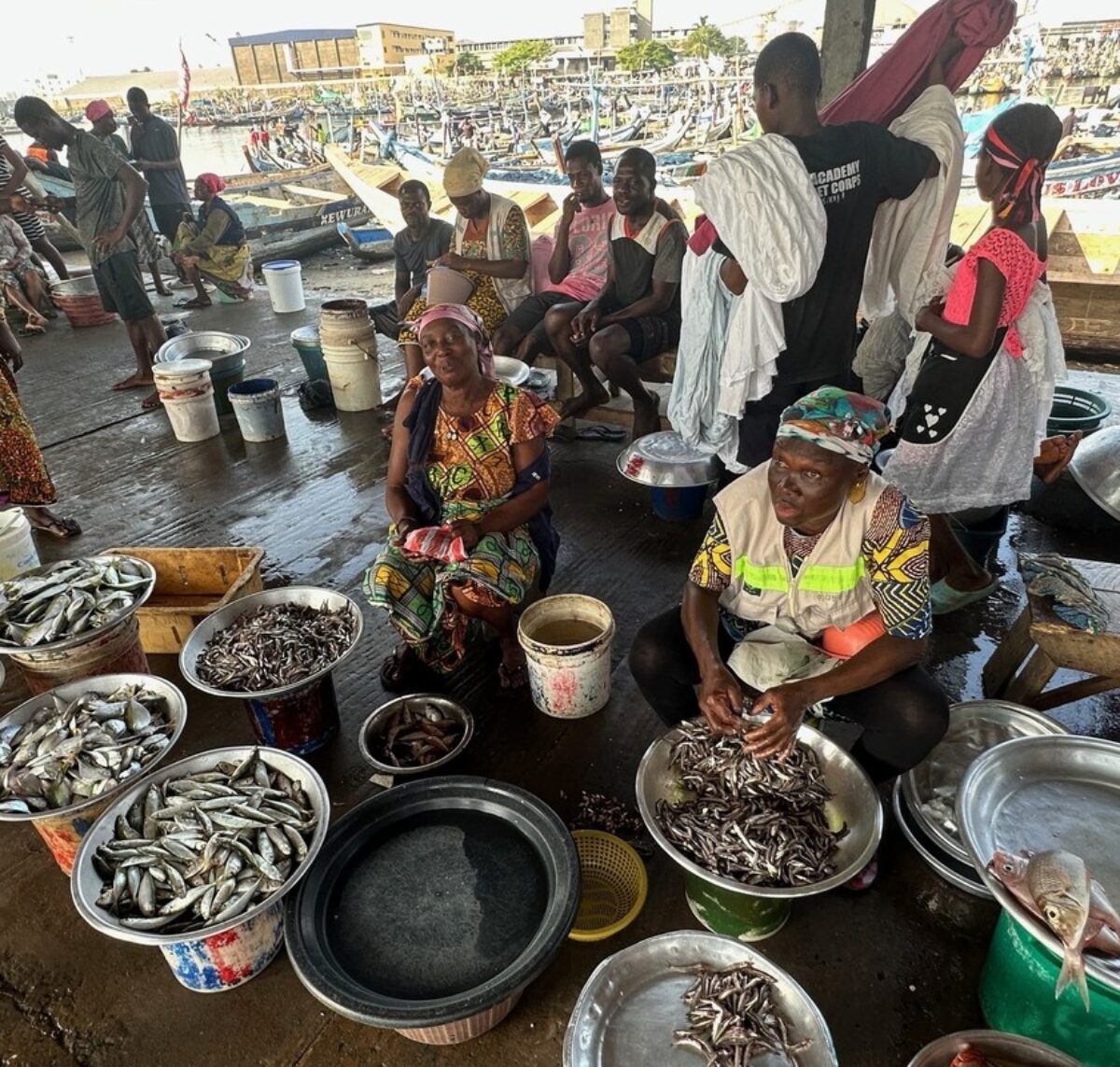
Supporting resilient communities
-
Ensuring legal rights for fishers
Many artisanal and small-scale fishers lack legal fishing rights or legal status, meaning that they do not reap the full benefits of their efforts and their products can be deemed illegal in international markets. -
Supporting fisher organization and participation
Representative organizations can mobilize fishers and act on their behalf, enabling them to participate fully in decisions and structures that affect their livelihoods. -
Advancing sustainability in domestic markets
Most seafood caught or produced around the world is sold in domestic markets, and never reaches international destinations where there might be a premium for sustainable products. Domestic market incentives for good practice can help improve the livelihoods of fishers and their communities.
What can I do?
Contact SFP to learn more about how you can help support resilient communities.
Related publications and resources
